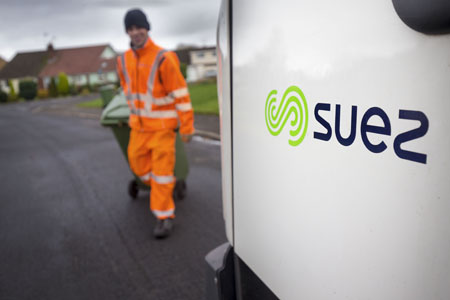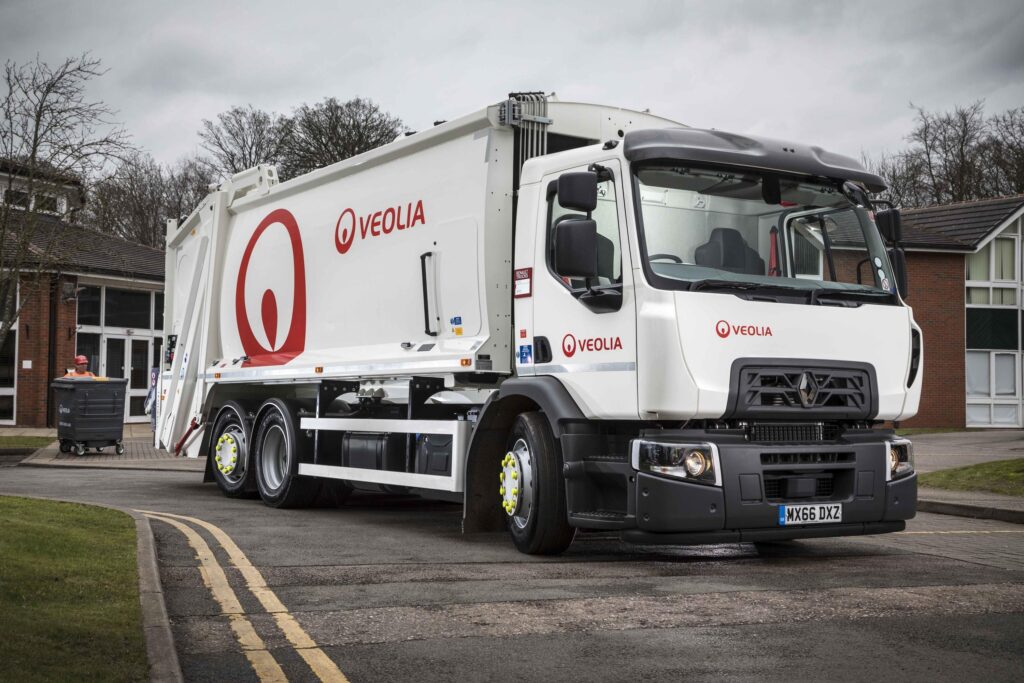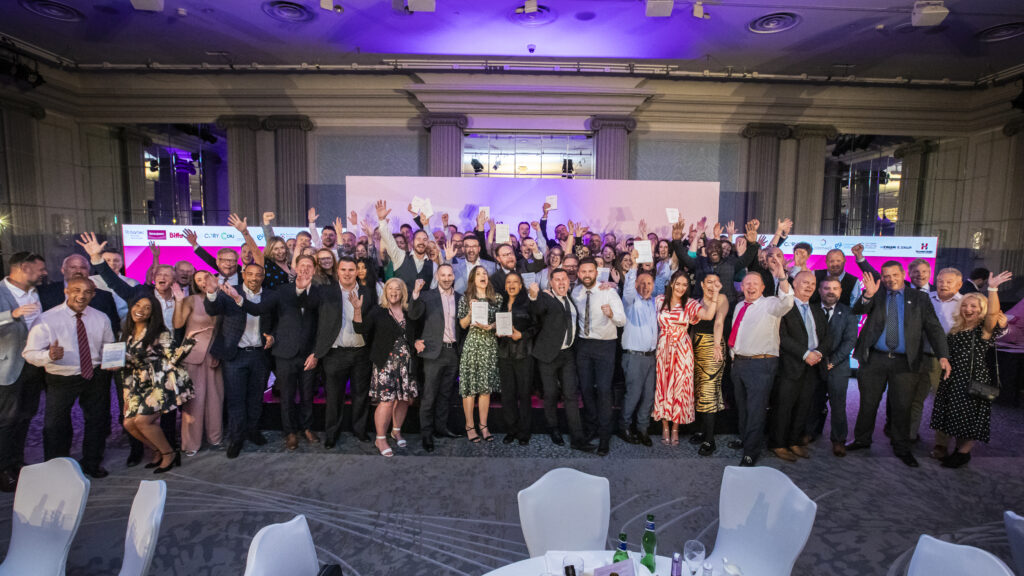Mr Averill told letsrecycle.com that Shanks will invest more than £100 million in new waste management facilities during the 25-year contract which will create more than 100 jobs in the first five years. Shanks said that it will not be contracting any of the work out.
The chief executive said that winning the contract was a “great opportunity” for Shanks.

He said: “We are going to do a first rate job for ELWA. We have put together a solution to meet local needs and which can radically increase recycling and recovery in the four boroughs. Shanks already manages around 40 contracts with local authorities and we understand the needs of local authorities and their residents. We will be using biological technologies new to the UK which, along with new work on waste minimisation and recycling, will be able to produce really outstanding results.”
‘Bio-MRFs’
Mr Averill explained that Shanks’ recycling policy will centre on constructing six “Biological Materials Recycling Facilities” (Bio-MRFs) on two separate sites and an authority-wide kerbside recycling scheme.
Shanks has bought the exclusive rights to the Ecodeco Bio MRF technology in Ireland, Belgium, Holland and the UK. Mr Averill said: “I am delighted as it is the first major contract to use this technology and I believe that it is the way forward.”
Mr Averill said that Shanks plans to include the construction of Bio-MRFs in other contracts it is bidding for throughout the UK. Shanks plans to build the six Biological Materials Recycling Facilities on two sites at Frog Island, Rainham and Jenkins Lane, Barking.
Enclosed
The company explained how shredded waste will be taken to one of six Bio-MRFs. The Bio-MRFs are MRF-like buildings which are fully enclosed and operated remotely. The waste is sectioned in the MRF in a similar manner to the way compost is laid out when it is windrowed. Naturally occurring bacteria which digests the organic waste heats the waste, and it reaches a maximum temperature of 55 degrees.
Vents in the floor allow a steady steam of air to dry the waste and maintain the temperature so that the microbes do not die. The waste takes approximately 12 days to dry and roof-mounted biofilters control any odours. The heating process reduces the volume of waste by about a quarter and the only emissions are water vapour and a small amount of carbon dioxide. Shanks staff in a control room will be able to change the air flow to maintain the correct temperature.
Once the waste is dried, any compostable material is taken out and aluminium and steel can be recovered for recycling. Glass and stones are also taken out at this stage for use as a construction aggregate. The residual waste (about 45% of the original) will be then compacted into pellets and used as fuel in power plants in place of fossil fuels.











Subscribe for free